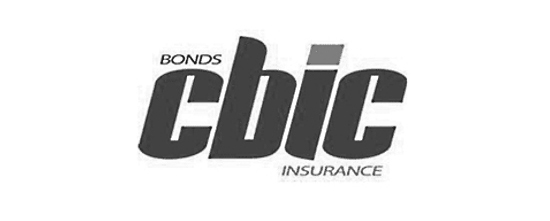Life Insurance
We will search the top carriers for you for the best offer.












Do You Have to Report Life Insurance Payout on Taxes?
If you’ve recently received or expect to receive a life insurance payout, you’re likely asking: Do you have to report life insurance payout on taxes? The short answer is usually no—but there are exceptions that could trigger taxes from the IRS. Here’s what you need to know to stay compliant and protect your payout.
When Life Insurance Payouts Are NOT Taxable
In most cases, life insurance death benefits are tax-free to the beneficiary. According to IRS guidelines:
Death benefit lump sums are generally not considered taxable income.
You do not need to report the amount as income on your federal tax return.
Example:
If your spouse passes away and you receive a $250,000 life insurance payout, you do not have to pay income tax on that money.
When a Life Insurance Payout MAY BE Taxable
Although most payouts are tax-exempt, some scenarios trigger taxation:
1. Interest Accrued on the Payout
If the insurance company holds the funds and pays interest on the death benefit, that interest is taxable.
Example: You receive a $250,000 death benefit, but the insurer holds it and pays you $10,000 interest over time. You’ll owe taxes on the $10,000 interest—not the $250,000.
2. Installment Payouts
If you choose to receive the payout in installments instead of a lump sum, the interest portion of each installment is taxable.
3. Transfer-for-Value Rule
If the policy was transferred or sold to another party (e.g., a business partner), the proceeds may be partially or fully taxable.
4. Employer-Paid Group Life Insurance (Over $50,000)
If your employer provides life insurance over $50,000, the value of premiums may be taxable to the employee while alive. The death benefit to beneficiaries usually remains tax-free.
What About State Taxes?
While federal income tax generally doesn’t apply, some states may tax life insurance payouts, especially if:
The estate is large enough to trigger state estate taxes.
The estate is named as the beneficiary, not an individual.
💡 Tip: Work with a tax advisor if the estate is the named beneficiary or the payout is delayed.
Do You Have to Report It on Your Tax Return?
If the payout is a standard lump sum death benefit → NO, do not report it.
If it includes interest or structured payments → YES, report the interest portion as income.
How to Protect Your Payout from Taxes
✔️ Name the right beneficiary — Avoid naming your estate.
✔️ Take the lump sum — Structured settlements can incur interest (and taxes).
✔️ Avoid selling your policy — Transfers can void the tax-exempt status.
✔️ Consult an insurance expert or CPA for larger policies.
Final Thoughts
So, do you have to report life insurance payout on taxes?
For most people, the answer is no. But understanding the exceptions is critical to protecting your financial future. Whether you’re a beneficiary or a policyholder, having a trusted insurance partner can save you time, stress, and even money.
Need Help Choosing the Right Life Insurance Policy?
At Toby Hansen Agency, we search nearly 100 top-rated carriers to get you the lowest price with the most coverage. Whether you’re protecting your family or planning your legacy, we’re here to guide you every step of the way.
👉 Get a free quote now and protect what matters most.
It only takes 30 seconds to get started.
Related Posts
Get a Right Insurance For You
SHARE THIS ARTICLE
We will compare quotes from trusted carriers for you and provide you with the best offer.
Protecting your future with us
Whatever your needs, give us a call, have you been told you can’t insure your risk, been turned down, or simply unhappy with your current insurance? Since 1995 we’ve been providing coverage to our customers, and helping people across United States.













